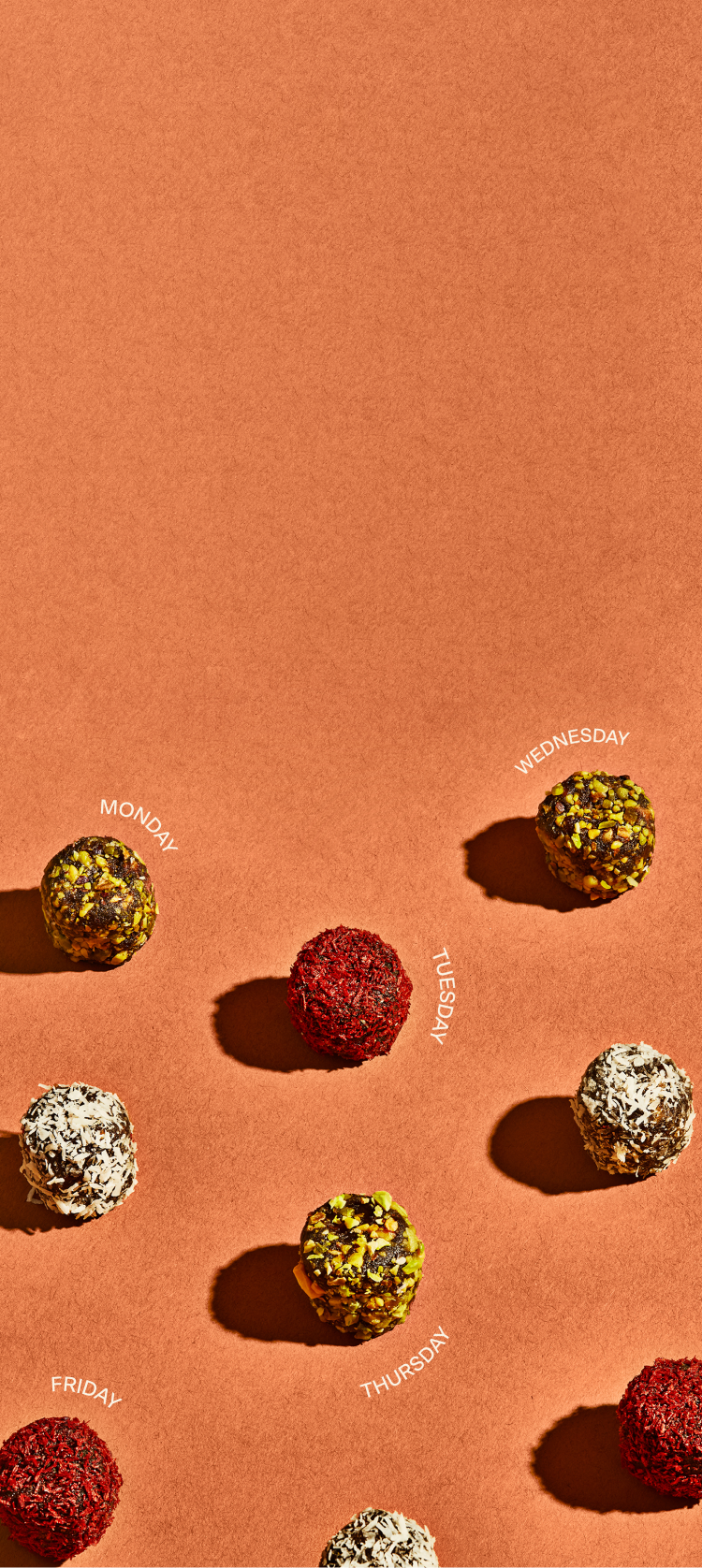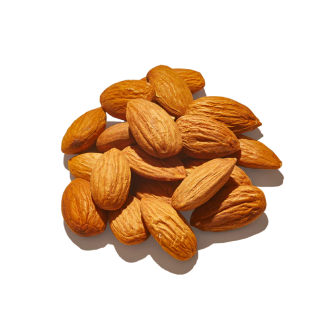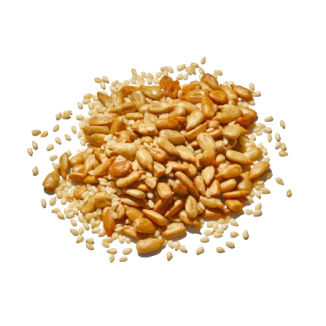

Subscribe & Save
Products are automatically delivered on your schedule. Modify your subscription or cancel anytime.

The healthiest bite of your day
Regions where people eat seaweed every day have lower incidences of disease and longer lifespans. Plus, studies show that the body absorbs nutrients better through food than through supplements.

SEAWEED’S BIOACTIVE COMPOUNDS AND NUTRIENTS
Naturally boost energy
Keep metabolism humming
Promote gut and heart health
Support mental wellbeing
Improve response to oxidative stress

4 core ingredients. Big-time benefits.
Seaweed
Our hero ingredient is naturally loaded with minerals and vitamins that make everything you’re already eating work harder for you.
- 10x mineral content of land plants
- Healthy fats omega-3 and omega-6 help support brain function
- Best natural source of iodine, which the thyroid gland uses to spur metabolism
- Fiber (more than in fruits and veggies) helps support digestion and decrease cholesterol
- Porphyran, a powerful complex carbohydrate, has been shown to be anti-oxidizing and anti-inflammatory and can help protect against aging while supporting immunity

Almonds
SATISFYING AND SAVORY
A stellar source of fiber, Vitamin E, healthy fats, and magnesium. Great for heart health and satiation.

Dates
JUST-RIGHT SWEETNESS
High in fiber, antioxidants, and polyphenols, compounds that are excellent for your gut.

Sesame & Sunflower Seeds
THE CRUNCH FACTOR
Loaded with healthy fats, fiber, and antioxidants that help keep you satisfied and improve digestive health.
Frequently asked questions
Do you have a variety pack?
Once you subscribe, you can update your monthly order to any flavor you'd like, allowing you to have different flavors each month. We are also working on a mix-and-match solution with our fulfillment partner and hope to be able to offer that to our customers soon!
Why do I care about iodine?
Iodine is a trace mineral required by the body to synthesize thyroid hormones, specifically T3 and T4. Since the body doesn’t produce its own iodine, we have to get it from food sources. When the body produces thyroid hormones without sufficient iodine levels, the thyroid hormones get stored, until the time at which the body has enough iodine to utilize those hormones. When enough thyroid hormones get built up, a goiter can develop. In the United States in the early 1900’s, there was a severe iodine deficiency throughout much of the northern half of the country. This area became known as the “goiter belt” due to the prevalence of goiters, and other iodine deficiency related maladies in the population. As a result of this public health crisis, the federal government regulated the addition of iodine in table salt and other commodities.
Recently, the National Institute of Health (NIH) reported on a reemergence of iodine deficiency within certain populations in the US, namely, “women of reproductive age”. Additional at-risk populations include vegans and vegetarians, people who don’t cook with iodized table salt, and people that live in areas with depleted soil.
Common symptoms of iodine deficiency are: fatigue and lethargy, weight gain/inability to lose weight, hair loss and thinning, sensitivity to cold or trouble regulating body temperature, trouble with memory and focus, painful or irregular menstruation, fertility issues, problems during pregnancy, vertigo, irregular heartbeat, and dry skin.
According to the NIH, “Iodine is one of the most common nutrient deficiencies and is estimated to affect 35–45% of the world’s population”.
We’ve carefully formulated our Daily Bites to provide 60% of the recommended daily value (%DV) of iodine for adults, or 80-92mcg of iodine. We did this so as not to exceed the tolerable upper limit (TUL) of iodine, which is 1,100 mcg. For reference, one sheet of dried nori contains approximately 50 mcg of iodine.
Do you do 3rd party testing for heavy metals and microplastics?
An independent, third party lab has run these extensive nutrition panels on our bites. We have also run heavy metal and toxicity tests on our product - the bites are under safe harbor limits as regulated by Prop 65. There isn’t yet an established standardized methodology for detecting and counting microplastics in food.
Our supplier, Maine Coast Sea Vegetables, has studied the potential for seaweed to uptake microplastics, and has found that because macroalgae don’t consume random particles of food or filter seawater like filter feeders do, if microplastics are present, they would be on the surface of the seaweed and not within, which would be washed away during cleaning and processing.

Wildly sustainable sourcing
Our USDA-certified organic seaweed grows in the North Atlantic ocean off the coast of Maine. It is sustainably harvested and rigorously lab-tested for quality. In addition to providing reliable livelihood to harvesters and coastal communities, these thriving seaweeds help heal the surrounding ocean by absorbing carbon from the water and air.




